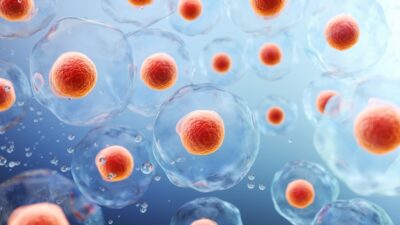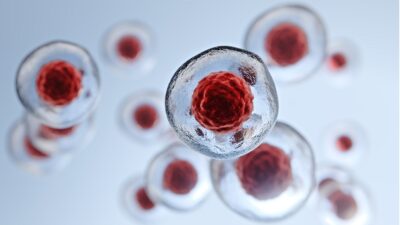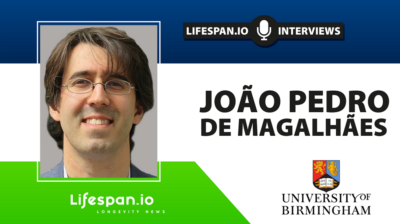Partial Reprogramming Extends Lifespan in Old Mice
- Journal Club January 2023

The journal club returns on Tuesday 31st January at 12:00 Eastern on our Facebook page with host Dr. Oliver Medvedik. We are looking at a preprint this time where partial reprogramming factors were used to reverse some aspects of aging in old mice. The paper is called Gene Therapy Mediated Partial Reprogramming Extends Lifespan and Reverses Age-Related Changes in Aged Mice.
You may also be interested in reading our article Gene Therapy to Induce Epigenetic Reprogramming, which covers this publication.
AbstractAging is a complex process best characterized as the chronic dysregulation of cellular processes leading to deteriorated tissue and organ function. While aging cannot currently be prevented, its impact on lifespan and healthspan in the elderly can potentially be minimized by interventions that aim to return these cellular processes to optimal function. Recent studies have demonstrated that partial reprogramming using the Yamanaka factors (or a subset; OCT4, SOX2, and KLF4; OSK) can reverse age-related changes in vitro and in vivo. However, it is still unknown whether the Yamanaka factors (or a subset) are capable of extending the lifespan of aged wild type mice. Here, we show that systemically delivered AAVs, encoding an inducible OSK system, in 124-week-old mice extends the median remaining lifespan by 109% over wild-type controls and enhances several health parameters. Importantly, we observed a significant improvement in frailty scores indicating that we were able to improve the healthspan along with increasing the lifespan. Furthermore, in human keratinocytes expressing exogenous OSK, we observed significant epigenetic markers of age-reversal, suggesting a potential reregulation of genetic networks to a younger, potentially healthier state. Together, these results may have important implications for the development of partial reprogramming interventions to reverse age-associated diseases in the elderly.







